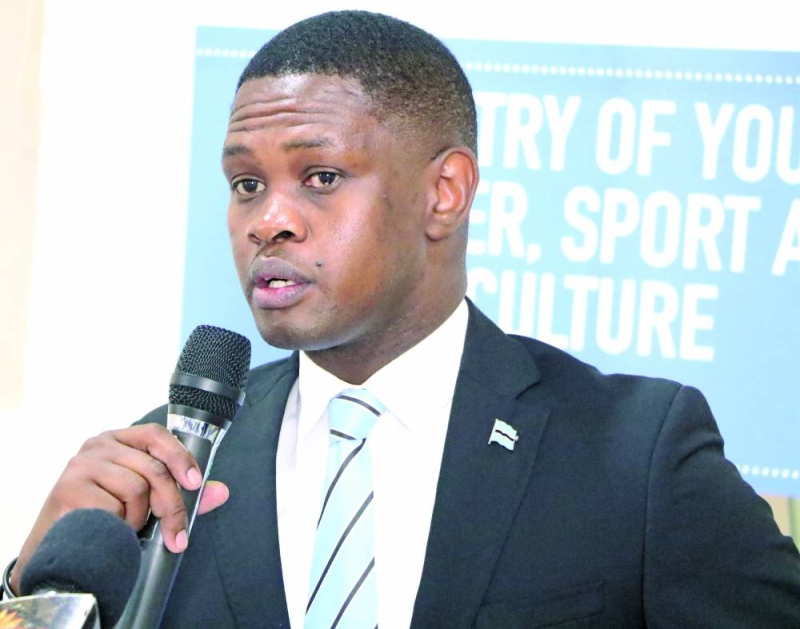Gov’t phases out Graduate scheme
Mompati Tlhankane | Tuesday March 28, 2023 06:00


The scheme, which has been seen as nothing but a down degraded version of the National Internship programme, among others targeted graduate youths who are unemployed but are also not enlisted for the Internship programme.
The programme, which many felt was meant to exploit unemployed graduates, also targeted those who had gone through two years of Internship but willing to continue as volunteers under the GVS.
Late last year the government adjusted the GVS allowance by 40%. For many years, GVS participants had been getting an allowance of P600 per month before the money was increased to P1,000. GVS allowance was increased alongside other allowances like tertiary students’, National Internship Programme and Tirelo Sechaba allowances.
Presenting before the Committee of Supply this week, the Minister of Youth, Gender, Sport and Culture Tumiso Rakgare revealed that his ministry has resolved to advise government to phase out the programme because it continues to experience low intake. “The GVS, another initiative that offers the youth an opportunity to volunteer their services and gain employability skills, continues to experience low intake.
As at December 2022, only 342 out of the targeted 1,400 participants were enrolled into the programme. Internal consultations are currently ongoing on the matter, and shall be extended to external stakeholders in this quarter,” Rakgare told parliament. When it was first introduced, the GVS was meant to attach young graduates to organisations that have opportunities for volunteer work.
The government indicated at the time that GVS was intended to facilitate skills development and transfer to young graduates, contribute to community development, promote the spirit of volunteerism, improve resilience of the graduate youth, and reduce idle time. The emphasis was placement in the rural districts where there was need for service.
Participants were placed in government and public institutions, including the disciplined forces. Despite the GVS being repudiated by the youthful graduates, Rakgare hailed the enrolments of the Botswana National Service Programme (BNSP) also known as Tirelo Sechaba. “Enrolment levels as at December 2022 stood at 12,480 out of the targeted 12,500, translating to 99%, which shows an increase compared to 11,002 as at December 2021. “In other efforts aimed at alleviating challenges faced by the youth, BNSP continues to provide them with opportunities for meaningful engagement and contribution to the development of the country,” Rakgare added.
